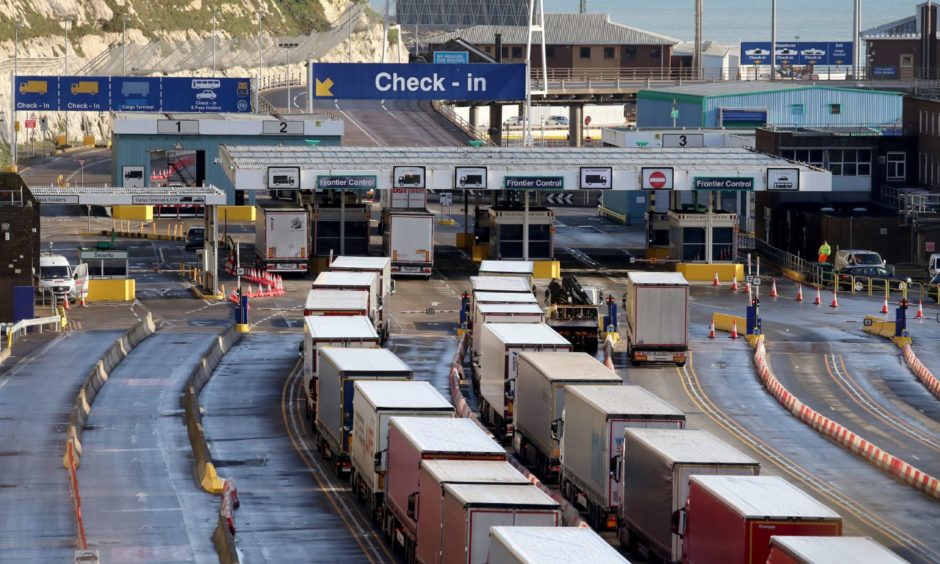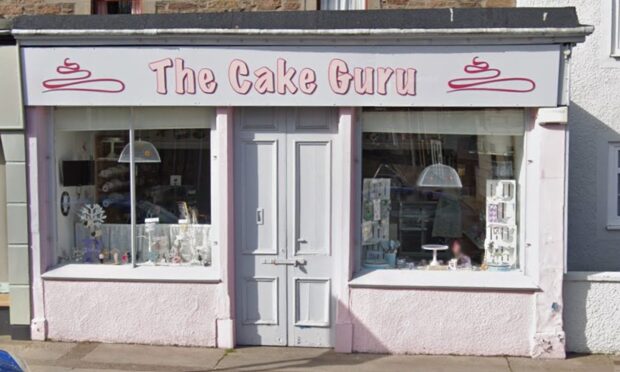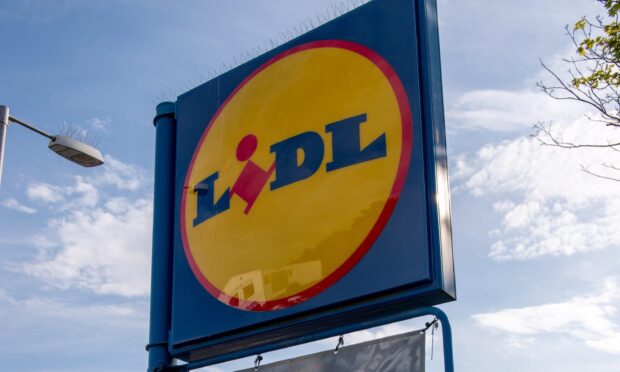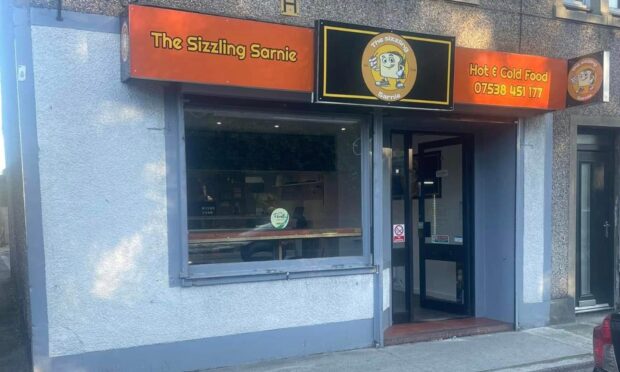Business confidence in Scotland is the strongest in almost a decade due to the roadmap out of lockdown and vaccines rollout.
Royal Bank of Scotland’s monthly PMI showed the Scottish economy remains subdued, but hopes have risen strongly about the year ahead.
Private sector firms’ level of positive sentiment last month was the highest since records began in 2012.
Confidence was attributed by respondents to hopes of a timely end to Covid-19 restrictions and a subsequent economic recovery.
The activity index – a measure of combined manufacturing and service sector output – remains well below the 50.0 mark, which would indicate growth. It rose from 33.3 in January to 44.1 in February.
Economy ‘stifled’ but hopes rise
Malcolm Buchanan, chairman of the Scotland Board, Royal Bank of Scotland, said: “Lockdown measures continued to stifle the Scottish economy in February.
“Both business activity and inflows of new work fell steeply again, although the rates of decline eased notably since January.
“Ongoing logistical issues and price hikes at suppliers forced costs higher still but, with client demand constricted, firms increased their charges only modestly.
“Despite the challenging conditions, Scottish companies reported the strongest level of business confidence on record in February, with the lockdown roadmap prompting hopes of easing restrictions and a strong economic recovery in the coming year.”
Employment falls for 13th month
The services sector saw a marked reduction in activity last month, while manufacturing output returned to growth.
A sixth straight monthly reduction in the level of new business at Scottish private sector firms was recorded in February.
Panellists linked the latest fall almost exclusively to lockdown restrictions. The rate of decline eased on the month, but was still sharp and much quicker than that at the UK level.
Employment declined for the 13th straight month during February. The rate of job shedding was the slowest for a year.
Respondents said Covid-19 restrictions and temporary closures led them to cut back on staffing.
The job cuts were concentrated on the services sector, as manufacturers registered a slight rise in staffing levels.
Brexit impact on costs
Rising costs were also an issue for Scottish firms.
February’s data marked a ninth successive monthly increase in cost burdens facing Scottish private sector firms.
Greater raw material costs, price hikes at suppliers, higher logistical expenses and fees associated with Brexit were the main drivers of inflation according to respondents.
At the sector level, goods producers registered a much quicker increase in charges than their services counterparts.
The report said this reflected greater exposure to supply chain disruptions and raw material costs.
Nonetheless, only London saw a slower uptick in input prices than Scotland across the 12 areas monitored during February.
Northern Ireland saw the greatest increase in costs and prices charged.
The report added: “While some parts of the UK saw business activity start to pick up in February, others continued to struggle amid the ongoing Covid-19 restrictions.
“One common theme across all regions and nations of the UK in February was growing pressure on firms’ margins from rising costs.”












